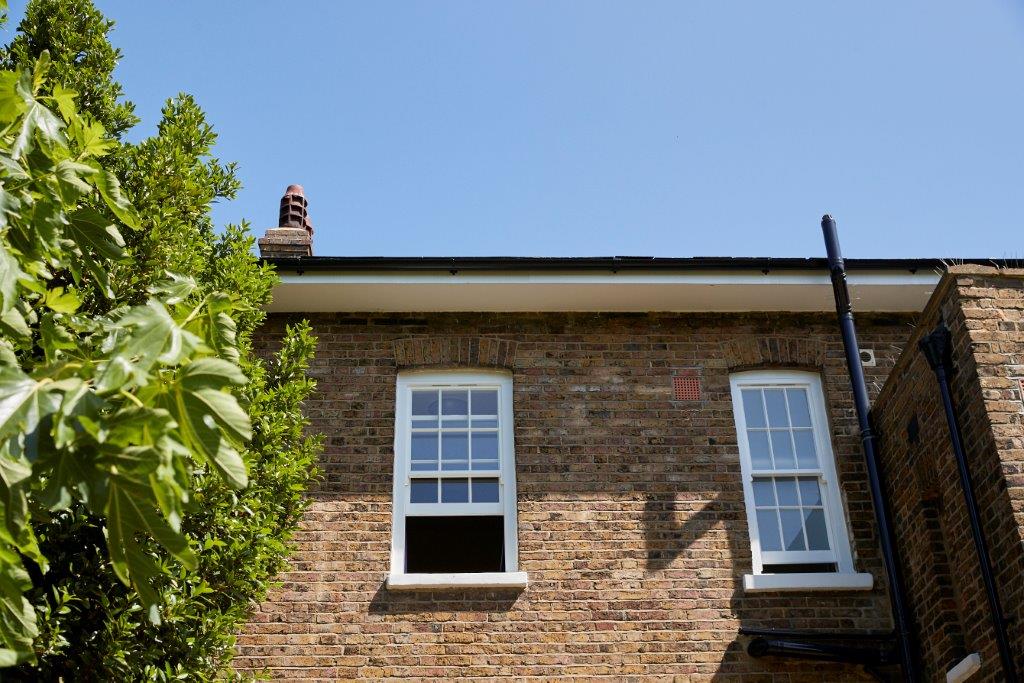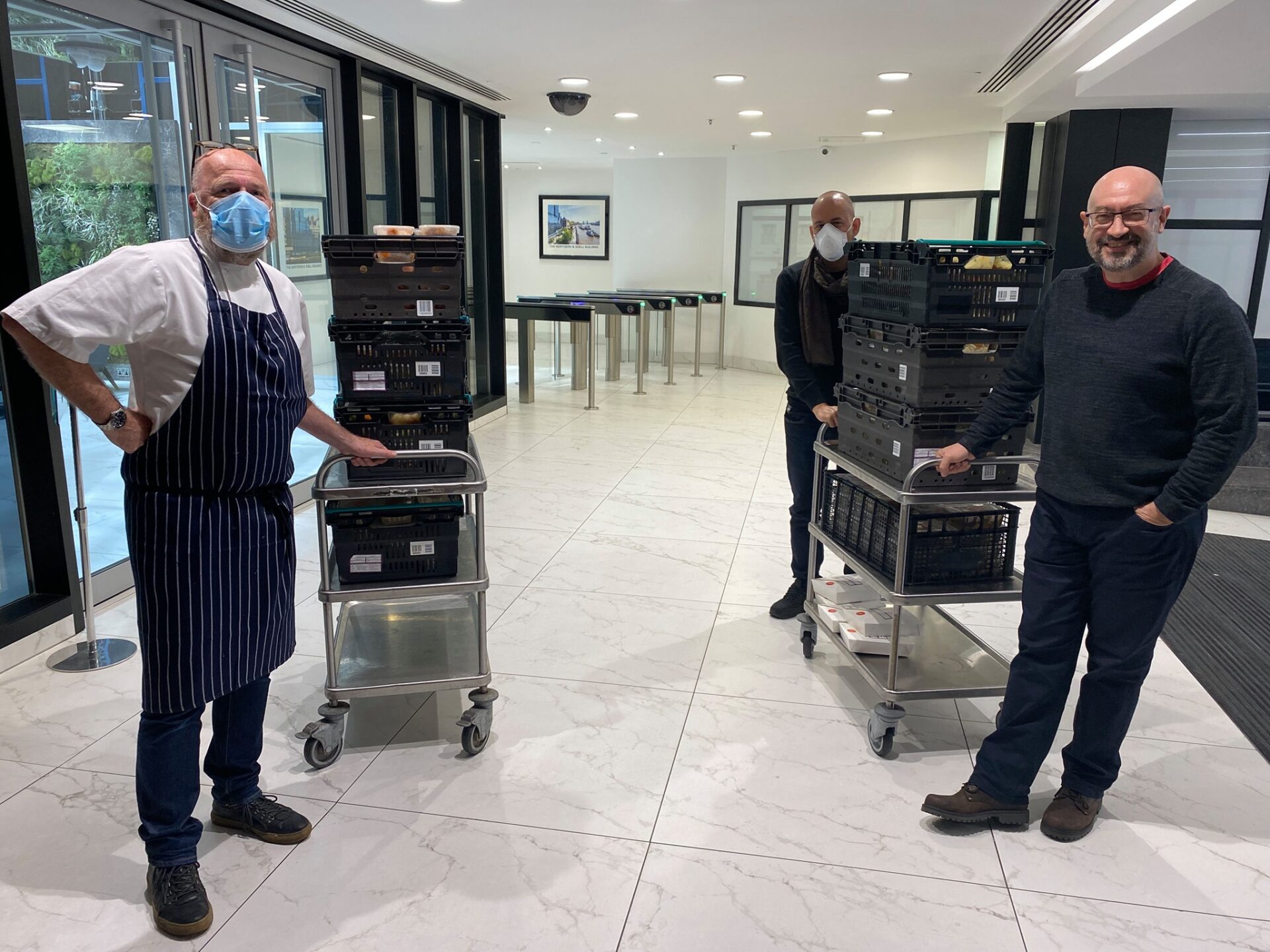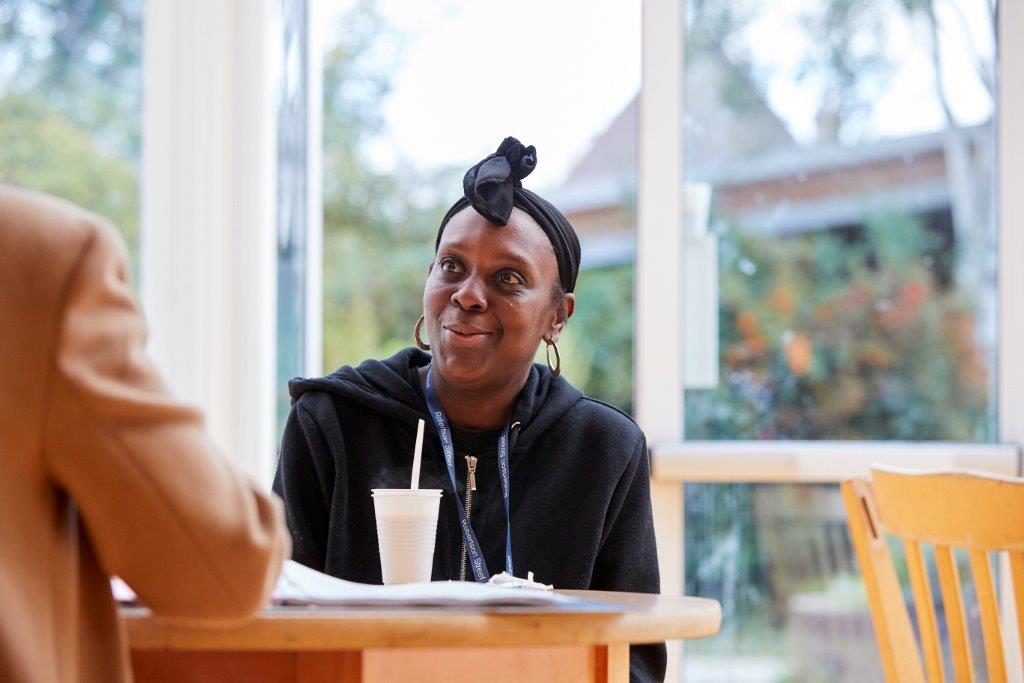Lockdown interview: Drug and alcohol support at Thames Reach Greenwich
We speak with Ola Fabowale, Lead Manager at Thames Reach Greenwich, to discuss how residents are adapting to lockdown and being supported to take the next step towards recovery

Ola Fabowale is Lead Manager at Thames Reach Greenwich, a residential service based in the London Borough of Greenwich, which provides support for people with experience of homelessness who have been through the criminal justice system or who have drug and alcohol support needs.
Service users are housed for a period of up to 18 months with the aim of recovering from substance abuse. During their time in the project, which has 37 rooms across six properties, residents are helped to find employment and take further steps on the path towards independent living. We spoke with Ola about changes during lockdown, and how residents are staying engaged with services.
What service does the Thames Reach Greenwich provide ordinarily?
We provide support for residents with drug and/or alcohol issues. We help them to get the best support possible with specialist services and encourage sessions with the Westminster Drug Project, the current service we’re working with. Some of the residents have issues with Universal Credit, so we also assist with computer literacy and make sure their information is up to date in the system. If benefits are not up to date it affects housing, so we’re there to make sure they’re up to date.
Is there quite a collaborative element to TR Greenwich then?
Definitely, as mentioned there’s the Westminster Drug Project, which has a base nearby in Woolwich. Generally we look at individual wants and needs, so for example some residents need to improve their literacy skills, so we encourage them to attend classes through Thames Reach’s Employment & Skills team; some prefer practical work, and there’s a centre they normally go to called Flower Skills which provides vocational training for jobs in areas such as security and construction. We also work with some people who have come through the criminal justice system, so we liaise with probation workers too.
How have the residents been affected by lockdown?
They are mostly keeping to themselves and staying inside. There are less people to socialise with outside the house as people living on the streets have been rehoused in hotels for the time being. The residents do tend to forget things, so we’re still here to make sure things are maintained and the two-metre distance is being respected. As for the psychological impact, we have therapy sessions available to residents so we actively encourage residents to attend those. The group sessions aren’t happening at the moment to allow for social distancing but hopefully they’ll be back soon.
Have you noticed any positive changes coming out of this difficult situation?
There have actually been a lot of positive things coming from this, mostly around engaging with clients. Clients have been more willing to engage with drug and alcohol services, and have been keeping up the two-metre distance. External services have had different opening times and have changed what they offer but there have been no negative changes here. We are still moving people on into new accommodation and we have moved new residents in too. We always deep-clean the rooms before a new person comes in, but we have increased this due to added risks with Covid.
One particularly good development is that we now have a volunteer coming every Tuesday evening to run a quiz night for the residents. The feedback has been great so far, residents look forward to it every week and they’ve said they find it relaxing. They’re getting involved and they’re happy.



